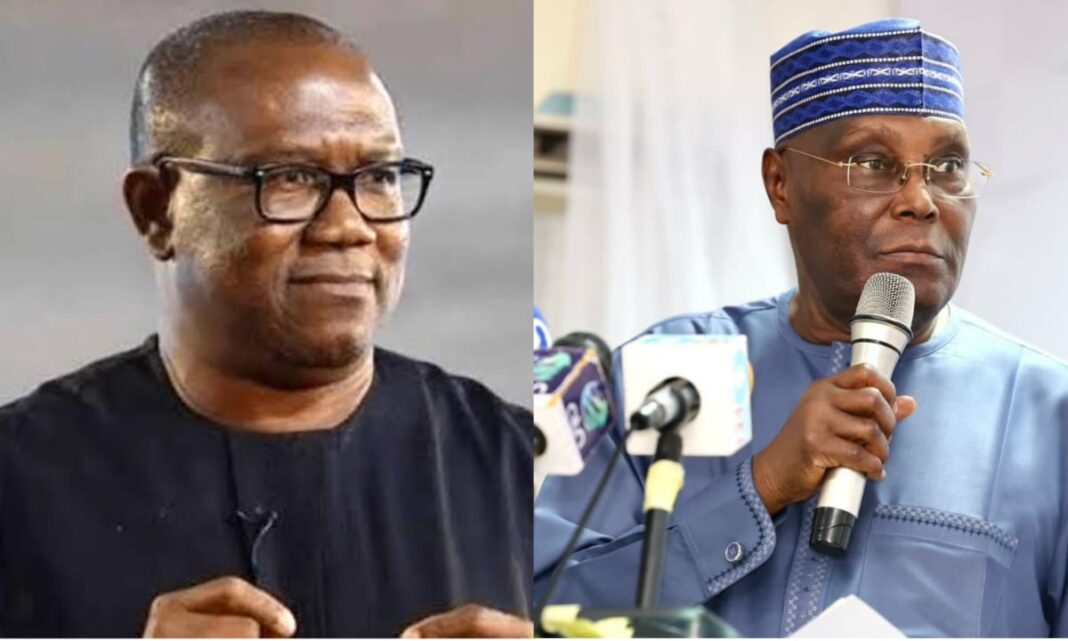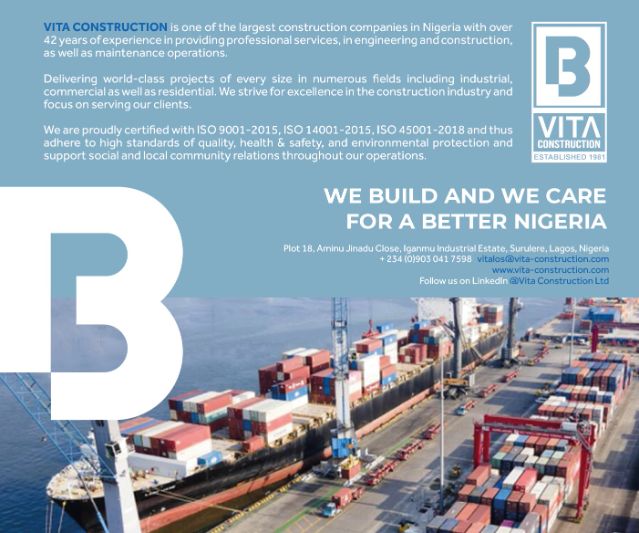Weeks after the presidential election, many Nigerians have kept hopes alive, believing that their preferred candidate can still be declared winner, this time, not by the Independent National Electoral Commission, INEC, but by the court- the last hope of the common man.
According to the laws of the land, INEC has done its job by conducting, concluding and declaring the winner of the presidential election. The electoral umpire is also bound by the law to review some of its decisions as demanded by some political parties during the collation of results.
The election was said to have witnessed cases of irregularities, votes suppression, massive rigging, manipulations (in the form of rewriting of results and destruction of ballot boxes).
During the collation of results at the national collation centre of the INEC, Abuja, some political parties had staged a walkout over the Commission’s refusal to halt collation of results and to review the process.
The Commission went ahead with the process and announced candidate of the All Progressives Congress, APC, Bola Ahmed Tinubu as the winner of the election,
The INEC said that Tinubu polled a total of 8,794,726 to defeat his closest rivals and candidates of the PDP, Atiku and Obi who, according to the Commission, scored 6,984, 520 and 6,101,533 respectively.
However, the presidential candidates of the Labour Party, LP, Peter Obi and that of the Peoples Democratic Party, PDP, Atiku Abubakar, made their intent to go to court clear.
Peter Obi categorically said he won the election and expressed the hope of reclaiming his allegedly stolen mandate at the apex court, vowing to do whatever is necessary within the law.
However, hardly any presidential election is annulled in Nigeria. This is despite the fact that after every election there must be some form of challenge to the results and fairness of the process.
Notwithstanding, two decisive exceptions to this rule stand out in Africa- namely the invalidation of the controversial re-election of president Peter Mutharika by the constitutional court of Malawi in 2019 and the Kenyan Supreme Court invalidating the re-election of president Uhuru Kenyatta in 2017. In both cases, the decision was final and required a rerun.
Kenya’s Supreme Court had annulled the presidential election, citing irregularities, and ordered a new one within 60 days after the election commission had declared incumbent Uhuru Kenyatta the winner by a margin of 1.4 million votes.
Other elections, such as the governorship, Senate, Houses of Assembly, among others, in Africa have been annulled or cancelled but that of Kenya appeared to be the first time on the continent that an opposition’s legal challenge against a presidential poll result was successful.
In the Malawian judgement, the court nullified the election of President Mutharika, who was declared winner by the country’s electoral umpire in May 2019, citing massive irregularities during the process.
The verdict followed a court challenge filed by Saulos Chilima, leader of the opposition United Transformation Movement Party, UTMP and Lazarus Chakwera, leader of the Malawi Congress Party, MCP.
The court called for fresh elections within 150 days and also reinstated former Vice President Saulos Chilima.
Moreover, most observers (international and local) and members of the international community did not pass good judgement on the February 25, 2023 presidential election in Nigeria, with some of them saying it was marred with irregularities.
For instance, the US embassy in Nigeria admitted the election conducted did not meet the expectations of Nigerians.
Speaking after the result was announced, the US Ambassador to Nigeria, Mary Beth Leonard, noted that many citizens are not happy with the results of the polls.
Also, while congratulating the INEC-declared President-elect, Tinubu, the UK, through its Foreign Secretary, James Cleverly, called on the Nigerian authorities to address the concern of the opposition parties over the organisation of the election.
Other civil society organisations and international observers also noted that the poll was marred by technical challenges.
A coalition of international election observers had blamed INEC for lack of transparency in the conduct of the elections.
The Joint Election Observation Mission (JEOM), involving the International Republican Institute (IRI) and the National Democratic Institute (NDI), led by Joyce Banda, former President of Malawi, spoke in an official gazette released after the election.
The group said 40 of its members were deployed across all six geopolitical regions of Nigeria to observe the voting process, noting that despite the clamours for reforms to the Electoral Act 2022, “Nigerians were mostly not impressed by the conduct of the 2023 presidential and national assembly elections.”
And as Nigerians on both sides of the coin wait patiently for the final verdict of the Supreme Court, supporters of the opposing political parties and candidates will be hoping that the Kenya and Malawi judgements are replicated in Nigeria, while those on the side of victory would not fancy such a historic ruling.
Speaking to HNN on the possibility of the Supreme Court upturning a presidential election in Nigeria, Barr. Olu Omotayo, President, Civil Rights Realisation and Advancement Network, CRRAN, said it is possible for Nigerians to for once witness such ruling, but added that the petitioners must be able to prove their arguments beyond all reasonable doubts,
“In the history of the world it is very rare where you see courts nullifying presidential elections. In this country, we’ve seen where they annulled governorship elections on several occasions,” he said.
“It’s not that [nullifying presidential election] is not possible, but it’s just that you must be able to prove whatever you’re relying upon. So if you’re saying there’s a problem with the election, you must prove it because it’s something that covers the whole country.
“You cannot just say there were irregularities in Lagos so because of that they should cancel the election. You should be able to prove substantially that the irregularities affected the election all over the country and this is the angle people are looking at, that it is not easy because of the population and how large this country is.
“It will not be easy for the petitioner to prove the burden put on his shoulders because the law is in the view that INEC has done what it is supposed to do. So if you’re going to court, just like the presumption of innocence, it’s assumed, under our law, that someone is innocent until proven otherwise.
“So there’s this presumption that INEC has done well, that once they declare the result they’ve done what they were supposed to do. So you that are going to the court will now prove that they’ve not complied with the law and have not done what they were supposed to do. That’s why the burden is heavy on you as a petitioner to prove them otherwise. You that have taken someone to court, it is on you to prove.
“Civil matter is different from criminal matter. In criminal matters, it is presumed that this person is innocent and it’s on you to prove, but you know this electoral matter is special procedure and not just civil matter per se, so if the law says this is what you’ve to establish, you must establish it.
“State is easier because it’s just a micro of the whole country. So it’s easier for people to prove cases of what happened in Local Governments. In Nigeria we have 774 Local Governments. So I’m not saying it’s not possible but it just creates a heavy burden on the petitioner in the presidential election to prove these things.
“According to the law, there’s that presumption of regularity on what INEC has done. But that presumption can be challenged by the petitioner. INEC is protected under the law but it’s only the court that can say that the [electoral umpire] erred.
“The law is on their side. Political parties were calling on them to review their decision but if INEC feels that they don’t have anything to review, it’s only the court that can say the Commission has not done well. So it’s left for the political parties to convince the court.”









